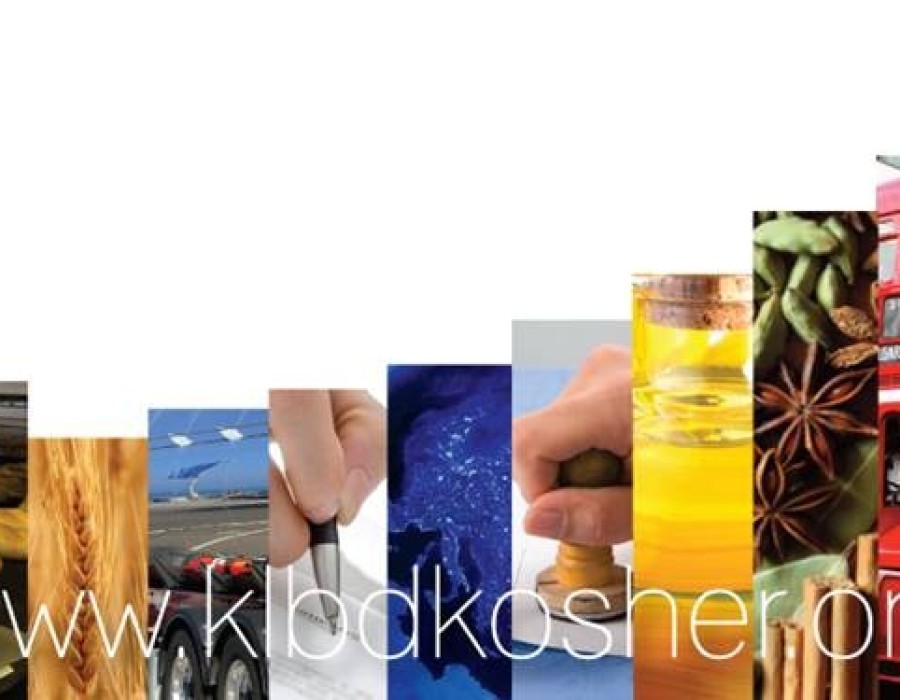Kosher certification from The London Beth Din Kashrut division enables you to hechsher certify your products for sale worldwide as being truly kosher.
What Is Kosher Food?
Kosher food is any food or beverage that Jewish dietary laws allow a person to eat. It isn’t a style of cooking. Keeping kosher is much more complex than that. Rules are the foundation of kosher food. Rooted in history and religion, each law is specific about what types of food you can and can't eat. The laws are also strict about the way you process, prepare, and inspect food if you're going to call it kosher. Keeping kosher is a commitment. It governs what you eat and the way you prepare your meals, as well as the way you use your kitchen and dishes every day. But not all Jewish people keep kosher, and kosher foods aren't just for Jewish people. You probably have kosher foods in your pantry right now.
What does kosher mean?
Kosher is a Hebrew word that means "fit," and when applied to food, it shows that it's OK for someone who follows kosher laws to eat. Kosher Food History Scholars believe that Jewish dietary laws may be the first food laws on record. The general principles of keeping kosher are in the Torah, the first five books of the Hebrew Bible. It has commandments -- called mitzvahs -- to follow as ways to obey God. Keeping kosher is one of them.Kashrut is the body of Jewish law dealing with kosher foods. The laws haven't changed from what the Torah commanded, but they've grown over the years to keep up with technology
There are a lot of details, but these are the basics:
- You can't eat certain animals at all, including organs, eggs, and milk of the forbidden animals.
- Birds and mammals must be killed according to Jewish law.
- All blood must be drained from meat and poultry before it's eaten.
- You can't eat certain parts of animals at all.
- You must inspect fruits and vegetables for bugs before you eat them.
- You can't eat meat and dairy together. You can eat fish, eggs, fruits, vegetables, and grains with either meat or dairy.
- Utensils that touch meat can't touch dairy (and vice versa).
- Utensils and cooking surfaces that touch hot, non-kosher food can't touch kosher food.
- You can't eat any grape products made by anybody who isn't Jewish.
Kosher Food Categories
It starts out simple. Kosher foods fall into three categories: meat, dairy, and "pareve," sometimes spelled "parve." Fish and poultry are sometimes included in pareve.Meat. The Torah says kosher meat can only come from animals that have split hooves and chew their cud, like cows, sheep, and goats. When these animals eat, partially digested food (cud) returns from the stomach for them to chew again. Pigs, for example, have split hooves, but they don’t chew their cud, so pork isn’t kosher.Kashrut law also governs the method of slaughter and processing, and the slaughterhouse equipment. Meat isn’t kosher if the animal dies naturally. Certain parts of an animal, including types of fat, nerves, and all of the blood, are never kosher.Dairy. All dairy products, like milk, butter, yogurt, and cheese, must come from a kosher animal. All ingredients and equipment used to produce it have to be kosher, too.Pareve. This is the category for kosher foods that aren't meat or dairy. It covers everything from eggs and fish to fruits, vegetables, pasta, coffee, and packaged foods.
There are multiple layers of laws beneath these three. Here are just a few:
You can't eat milk and meat products at the same time, put them on the same dishes, or prepare or eat them with the same utensils. You also have to wait a certain amount of time to eat milk after meat and vice versa. Not all cheeses are kosher. That's because many are made with an enzyme called rennet that comes from the stomachs of cows. Kosher cheese can't have animal-based rennet.
The Gateway To The Global Export Market
KLBD Kosher Certification is a leading international agency operating across six continents. Certifying many multi-national food processors and raw material manufacturers, we are committed to offering a professional and affordable kosher certification service worldwide. The globally accepted and recognised KLBD logo is an important kosher hechsher, providing quality assurances and increasing marketability. KLBD, also known as the Kosher Division of the London Beth Din, is proud to have been a leading force in KOSHER CERTIFICATION for more than a century. Currently, over 2,000 companies, in 70 countries, are benefiting from KLBD kosher certification.





Comments